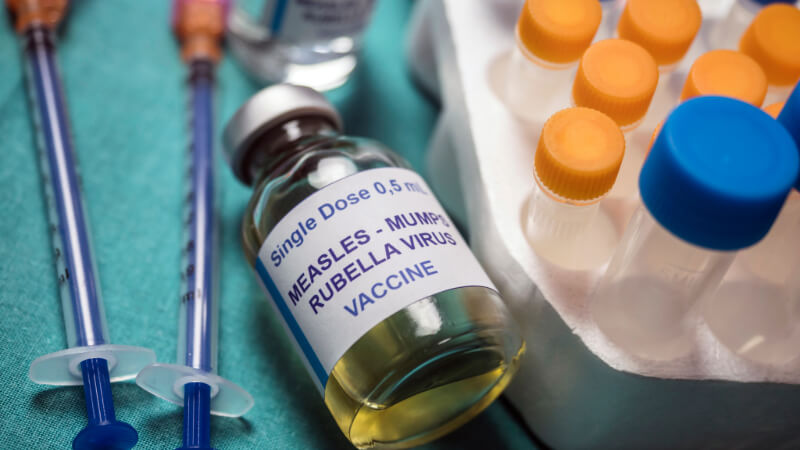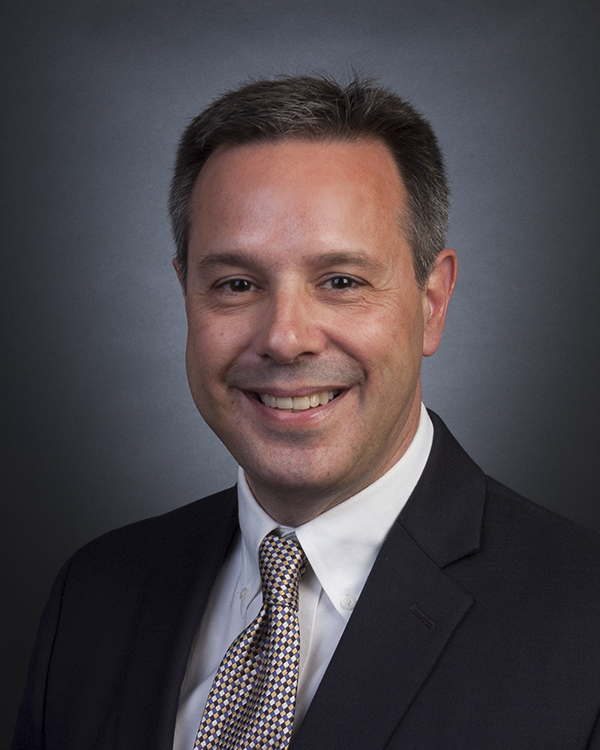Medical Facts about Measles: Q & A with Bassett Healthcare Network Pediatricians
March 19, 2025
On February 26, the Texas Department of State Health Services reported that a school-aged child had died from measles. The Centers for Disease Control and Prevention (CDC) reports that prior to this death, the last confirmed measles death in the United States was in 2015. The child who died had not received the measles, mumps, and rubella (MMR) vaccine.
On March 6, the New Mexico Department of Health confirmed the death of a person who tested positive for measles and also had not been vaccinated. As of publication, measles cases have been reported in 15 U.S. states and jurisdictions, including cases in New York City and Suffolk County, NY. The majority of those who have contracted measles are children.
As the measles outbreak continues, Bassett Healthcare Network is dedicated to bringing our community research-backed and clinically-sound information. In this Q&A session, some of our pediatricians answer common questions that you may have about one of the world’s most contagious viruses.
Q: What is measles?
Dr. Kjolhede: Measles is a respiratory disease caused by a virus. Initial symptoms include a cough, runny nose, red or watery eyes, and a fever that can spike to 104 degrees Fahrenheit. These symptoms are followed by tiny, white spots, known as Koplik spots, that appear inside the mouth and the tell-tale red rash on the skin. The measles rash often spreads from the head to the rest of the body.
Dr. Fredette: A person who has contracted measles may display no symptoms at all for seven to 14 days. This is concerning because measles is so highly contagious. A person who has measles will likely have no idea they have contracted the disease for some time and as they go about their daily routines, they are spreading it to unprotected people. Measles can spread through the air, through direct contact with someone who has it, or through surfaces that a person has made contact with. Research shows the virus can stay active in the air or on a surface for up to two hours.
Q: What is the best way I can protect myself and my family from measles?
Dr. Fredette: The MMR vaccine is safe and 97% effective at protecting against measles. It’s been in use for decades and led to the elimination of measles in the United States for about two decades beginning in 2000. Since then, vaccination rates have declined, leaving those who are unvaccinated vulnerable. Before the measles vaccine was introduced, an estimated 48,000 people were hospitalized and between 400 and 500 people died from the disease in the United States each year.
Dr. Kjolhede: Here in New York State, a child is required to have received the MMR vaccine to attend school, unless they have a valid medical exemption. This includes public, private, and religious schools. The MMR vaccine is delivered in two doses. The first shot is given when an infant is between 12 to 15 months old. The second dose is given to the child when they are between 4 and 6 years old. All Bassett Healthcare Network pediatricians, including the healthcare providers who work at our School-Based Health Centers, consider providing the measles vaccines as an essential part of good child health care.
Q: What should I do if I fear I or a loved one might have measles?
Dr. Kjolhede: The first thing to do is get in contact with your healthcare provider to get instructions specific to you. There is some research that suggests receiving the MMR vaccine after possible exposure to measles can still provide some level of immunity, either preventing the virus from taking hold or lessening the severity of its symptoms.
Dr. Fredette: There is currently no treatment specific to measles, which is why vaccination is the key to preventing the disease and its complications. Measles is a viral infection, which means antibiotics, which are used to kill bacteria, are ineffective. In most cases, the person infected with measles will be instructed to get rest, drink lots of fluids, and simply let the virus take its course. However, about 1 in 5 unvaccinated people in the U.S. who get measles has symptoms so severe they need to be hospitalized. Death from measles is rare, although unvaccinated children are among those most at risk.
Q: We’ve seen social media posts claiming vitamin supplements can be used in the fight against measles. Is there any validity to these kinds of claims?
Dr. Kjolhede: There is no replacement for the MMR vaccine. The vaccine is safe, effective, and prevented measles deaths here in the United States for decades. We are fortunate in our country that our diets are already rich in nutrients and vitamins. For example, the milk that you purchase at the supermarket is fortified with Vitamins A and D. The World Health Organization recommends that doctors in other parts of the world give vitamin A doses to children afflicted with measles, but only in select cases. Families should never try to treat or prevent measles at home with vitamin A since excessive intake of this vitamin can potentially cause health problems like nausea, headaches, skin issues, and even liver damage.
Q: How can I stay informed?
Dr. Fredette: You can speak to your Bassett primary care provider, your child’s pediatrician, or their healthcare providers at Bassett’s School-Based Health Centers about any concerns you might have about measles. We are happy to have a conversation, answer any questions you might have, and provide you with evidence-backed information. The CDC is providing up-to-date data on current outbreak at this website. The New York State Department of Health tracks vaccination rates by county. You can view that data by clicking here.

Dr. Chris Kjolhede is a pediatrician emeritus for Bassett Healthcare Network. He was formerly co-director of the Bassett School-Based Health Program.

Dr. William Fredette is a pediatrician at Bassett Healthcare Network. He practices at Fox Pediatrics in Oneonta.
